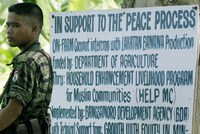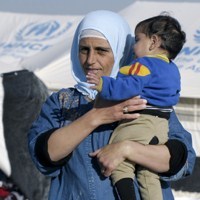
Over the past few decades, the shifting dynamics of the nature of war, combined with a maturing field of peace process support, have led to parallel shifts in the nature of mediation in peace processes. There has been a significant increase in the number of ongoing civil wars, as opposed to interstate wars, and the field of conflict transformation has changed accordingly. Under the leadership of Kofi Annan, the United Nations began the process of mainstreaming the inclusion of civil society and other actors into the fields of peacebuilding and conflict resolution. Now, more actors, using more-advanced support mechanisms, are […]





